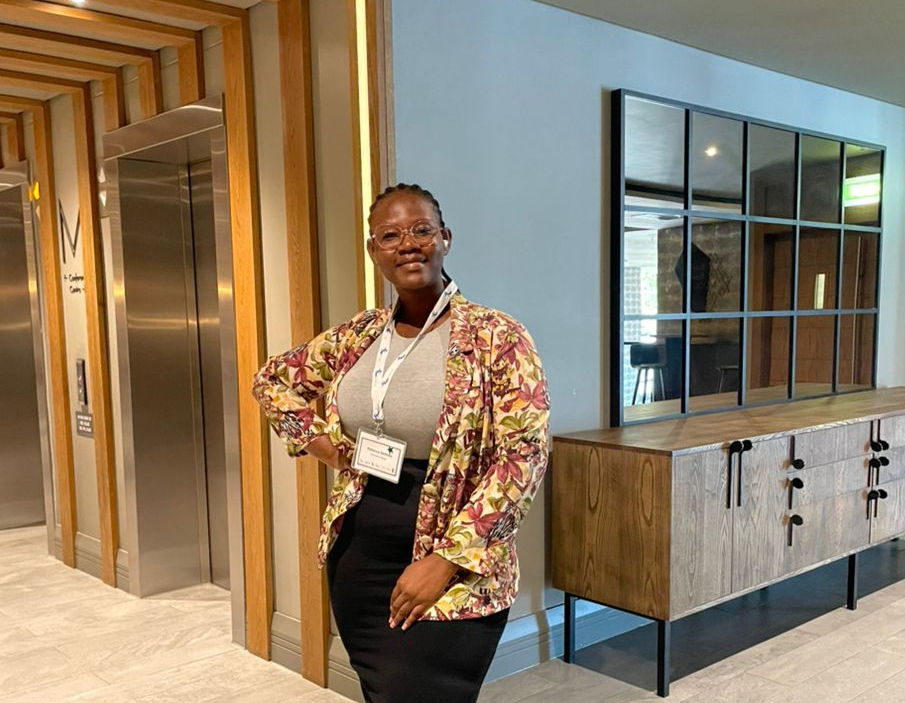Telling Our Climate Stories: Why I’m Making a Documentary on Resilience in Northern Ghana
- frontlineclimateac
- Jul 17, 2025
- 2 min read

Climate change is often spoken of in numbers—degrees rising, hectares lost, rainfall missed. But behind every statistic lies a story. A human face. A voice often unheard. As a volunteer with Frontline for Climate Action, I have chosen to focus my energy on telling these stories—especially those from vulnerable communities in Ghana’s rural north who are bearing the brunt of a crisis they did not create.
I am currently working on a documentary film project that aims to highlight the struggles, strength, and resilience of these communities. Through powerful storytelling, interviews, and lived experiences, the film will uncover the very real ways climate change is affecting livelihoods, displacing traditions, and reshaping relationships with the land. From erratic rainfall and failing harvests to cultural disruptions and environmental degradation, these are the stories that matter—and they need to be told.
What drives me is a belief that film is not just a medium for entertainment; it is a tool for education, empathy, and change. By documenting voices from the ground—farmers, women, youth, local leaders, and experts—I hope to humanize the climate crisis. I want viewers to connect, feel, and act—not because they are told to, but because they understand what’s at stake.
But this project goes beyond the screen. I envision it as part of a broader community engagement strategy. After the documentary is produced, I plan to organize local screenings in the communities featured, followed by workshops, panel discussions, and school-based activities. I also want to take these conversations online—creating virtual spaces where people from all walks of life can engage with the film, share reflections, and co-create solutions.
This approach, I believe, will not only raise awareness but also empower individuals and communities to become active participants in climate action. It will amplify the knowledge that already exists in rural areas—often passed down through generations—while connecting it to broader policy and advocacy efforts. The people of northern Ghana are not helpless victims; they are resourceful, resilient, and wise. My job is to make sure their courage and adaptability are seen and honored.
Working with Frontline for Climate Action has given me the platform and support to bring this vision to life. As a youth-led, volunteer-driven organization, FCA understands the value of storytelling in movement-building. I’m proud to be part of a collective that believes in grassroots leadership and community-driven solutions.
At its heart, this documentary is not just about climate change—it’s about climate justice. It’s about ensuring that those on the frontlines of this crisis are not pushed further into the margins, but placed at the center of the solutions we build together.
We all have a role to play in this defining fight of our time. This is mine.
By Rebecca Bediako, Volunteer at Frontline for Climate Action





Comments